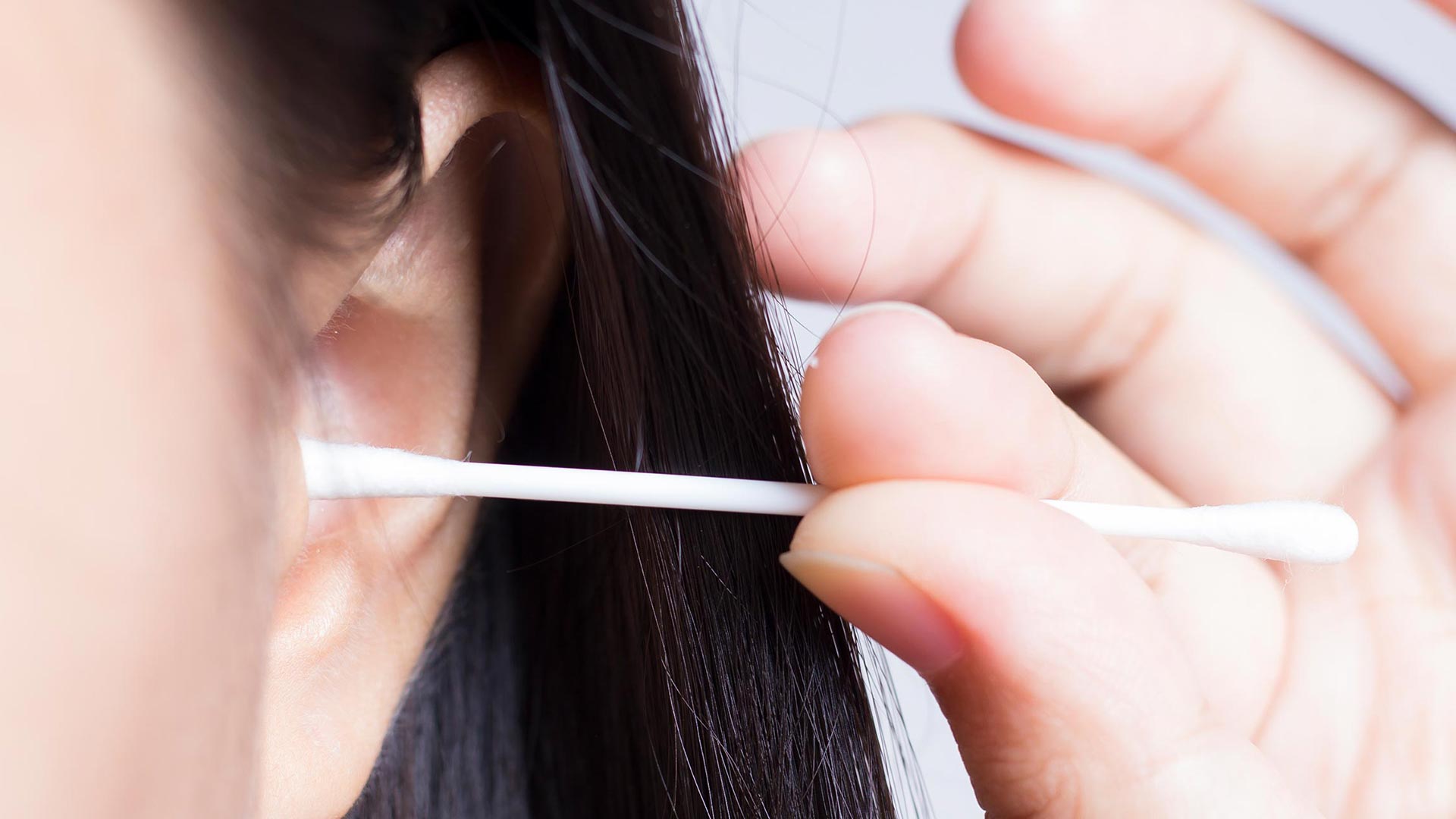
Does Earwax Damage Hearing Aids?
Our bodies naturally produce earwax to keep our ears free of dirt and debris. However, buildup of earwax within the ear can pose several challenges, not just for hearing aid wearers.
Created Updated
About hearing
What Purpose Does Earwax Serve?
Earwax, or cerumen, is a substance produced naturally by the glands within your ear canal. It is designed to catch dirt and germs before they can reach the eardrum and cause an infection. When you chew, speak, or move your jaw, earwax is slowly worked out of your ear, preventing buildups. While your body usually gets rid of old earwax on its own, certain conditions can cause the earwax to accumulate in your aural canal.
Should You Clean Your Ears?
There have been a number of studies and sources advising against using cleaning utensils like q-tips and tweezers in your ears. Cleaning too harshly, slipping, or pushing too hard can result in serious, irreparable hearing loss. Non-invasive methods like ear-wax removal kits and drops are available, but there are debates regarding their effectiveness and safety.
While earwax removal candles have been proven ineffective, kits and drops can help remove earwax from your ears. However, unless you regularly suffer from blockages, there might be no point in using these methods. Your body has a built-in way of removing earwax from your ears, and you might not require regular cleanings.
If you are suffering from a blockage, it is safer to let a professional deal with the issue. They have the tools and training to deal with the issue in a safe, effective manner, and you won't have to worry about accidentally injuring yourself.
Can Earwax Damage Hearing Aids?
However, if you wear hearing aids, you might need to take ear cleanings more seriously. Hearing aids can stimulate cerumen production in the ears, while simultaneously blocking the earwax's migration out of your aural canals. This can lead to a number of issues, including blockages and damage to your hearing aids.
If the earwax is not removed naturally or artificially, it will build up in your ear. This can lead to further problems with your hearing, along with earaches and serious infections. Hearing aids can only do so much, especially when your ear canals are too clogged to get sound through. Without anywhere to go, the sound waves bounce off the blockage and get sent back into your hearing aids. This can cause unpleasant feedback from your hearing aids, which might be mistaken for a technical problem.
If you don't clean your ears frequently, earwax may clog your hearing aid. The substance might work its way into receivers and vents, preventing the hearing aid from working properly. The chemical components of earwax may also cause delicate internal parts to degrade, damaging vital components of the hearing aid.
Approximately 60-70% of all damaged hearing aids sent in for repair are simply clogged with earwax or degraded by organic materials. Because your hearing aids are constantly in contact with your skin and ears, it's important to keep these areas clean. Making sure your hearing aids are clean can also improve the lifespan of your hearing aid.
When Should I Get My Ears Professionally Cleaned?
It can be difficult to know when exactly your ears require cleaning. If you notice a cycle of earwax buildup, try to sync your cleaning schedule to tackle the issue. If you have been suffering from earaches, whistling while using your hearing aids, or excessively dirty hearing aids, Signia recommends getting your ears professionally cleaned. Do not get your ears irrigated if you have tubes in your ears, a perforated eardrum, or an ongoing ear infection.